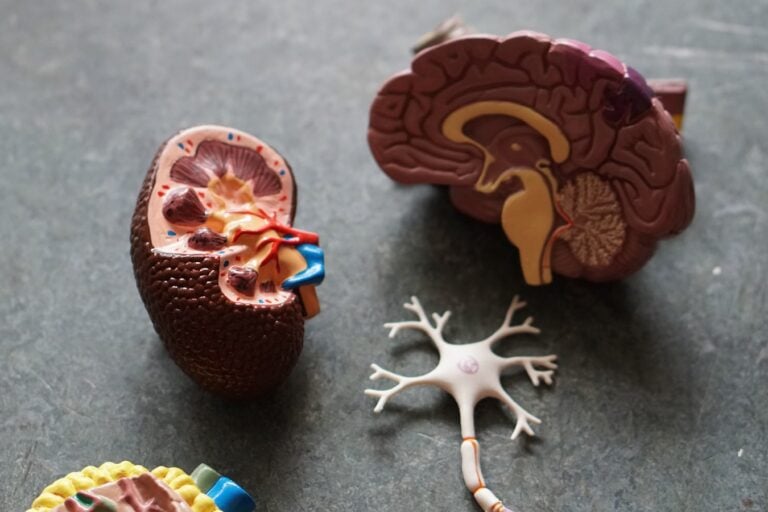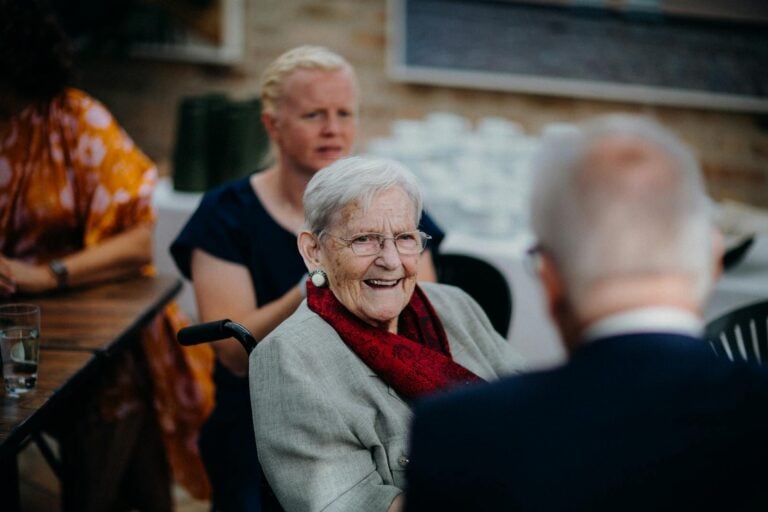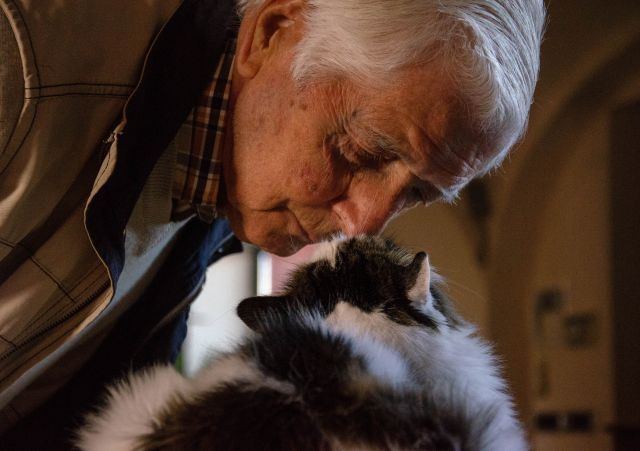
Just to Hold Her Hand
A beautiful song on living with Alzheimer’s. (Includes lyrics.) Enjoy.

A beautiful song on living with Alzheimer’s. (Includes lyrics.) Enjoy.

Managing multiple medications can feel overwhelming. The right pill box can turn a daily challenge into a simple routine. We compare Amazon’s best pill organizers for 2025—each designed to meet different needs, from arthritis-friendly lids to monthly systems and automatic dispensers.

New studies highlight smoother tolerability, easier routines, and practical safety updates that make the rivastigmine patch an increasingly caregiver-friendly option.

What caregivers should know about interpreting Alzheimer’s biomarkers and kidney function.

Strengthening social connections may offer a surprising boost to long-term brain health.

What really happens behind closed doors when dementia enters a relationship? 💔 Watch as love and reality collide — this story will move you.

VIDEO & ARTICLE – CARE TIPS:
This season is filled with family and friends, laughter and reminiscing. Learn ways to prevent dementia’s stress, frustration, and loneliness. Fill the holiday with joy.

FUNNY VIDEO – HAPPY THANKSGIVING: Mary Maxwell, a diminutive “little old lady,” shines a very funny light on the foibles of aging, to the delight of an audience filled with senior-care experts.

A simple, must-know legal checklist to help families stay protected, prepared, and supported when Alzheimer’s becomes part of life.

HOLIDAY TIPS: Getting together for a holiday meal can cause a person with Alzheimer’s confusion and anxiety. Get 10 tips to make the holiday more easy and pleasurable.

Scientists say restoring a brain protein, not removing amyloid plaques, should be the target of Alzheimer’s dementia therapies. The researchers said treatment might lie in normalizing the levels of a specific brain protein.

Did you know? Intellectual abilities are increased in the brain by an average 300% in most people ages 60-80.

Dietary iron is an essential element in the brain. That’s why it is critical to understand how it affects Alzheimer’s. Researchers used advanced X-ray techniques to take a giant step forward in understanding iron chemistry in amyloid plaque, the main culprit behind Alzheimer’s. Learn more about their exciting new insights.

The antidepressant drug citalopram, also sold under the brand names Celexa and Cipramil, significantly relieves agitation in Alzheimer’s. Learn about the benefits and side-effects.

Researchers in Florida find that robotic pet cats improve mood, behavior and cognition in older adults with mild to moderate dementia. Find out more.

Ketone-rich diets increase the SIRT3 protein that protects neurons from death during the progression of Alzheimer’s disease. But how does it work? Find out more.

Memory failing? New research shows you may need help, but not for dementia. Memory slips, stress and fatigue are growing in people with healthy memory.
No spam, only news and updates.


